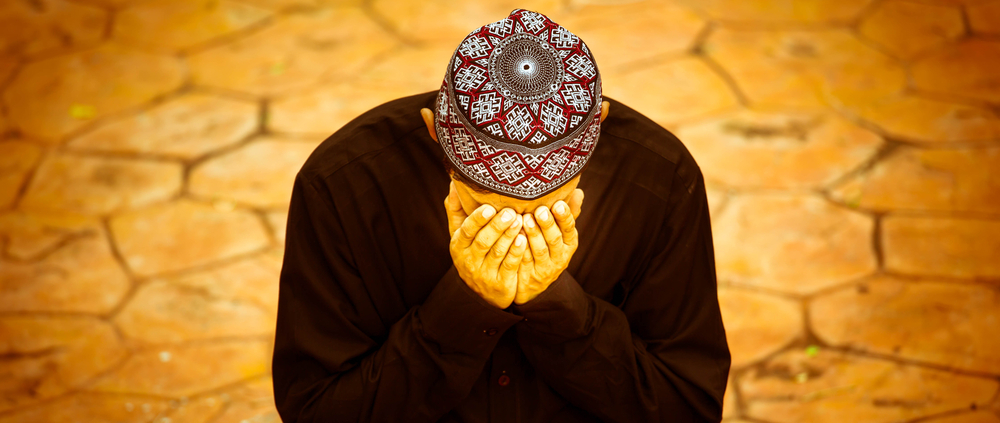When I Sin, I Do Not Feel Remorse, So How Can I Attain That and Not Feel Guilty?
Answered by Imam Yama Niazi
Question
When I sin, I do not feel remorse [that being a condition of true repentance], so how can I attain that and not feel guilty?
Answer
In the Name of Allah, the Most Merciful and Compassionate
All praise is due to Allah, who accepts His servants’ repentance night and day. He is the most forgiving and most compassionate.
Mercy of Allah
The mercy of Allah is more significant than all sins. There is no sin that is too great for His mercy. Therefore do not despair and rejoice!
Allah says in the Quran, “Say, (O Prophet, that Allah says,) ‘O My servants who have exceeded the limits against their souls! Do not lose hope in Allah’s mercy, for Allah certainly forgives all sins. He is indeed the All-Forgiving, Most Merciful.’” [Quran, 39:53]
Please do your best to repent as best as possible and supplicate to Allah to make it sincere and acceptable.
Where to Start?
A strong sense of remorse stems from a solid understanding and foundation with the Creator. Start by taking a class on Islamic beliefs. Our level one courses in Islamic beliefs are excellent and free, so take advantage. Follow that up by taking a class on Islamic spirituality. Take the time to study one of those courses; it will positively impact your life.
Knowledge is light; the more you attain, the clearer the path can be seen.
Success comes from Allah alone, and to Him belongs all praise.
[Imam] Yama Niazi
Checked and Approved by Shaykh Faraz Rabbani
Imam Yama Niazi is a teacher of Arabic, Islamic law, and spirituality. After accepting Islam in 2008, he then completed four years at the Darul Uloom seminary in New York where he studied Arabic and the traditional sciences. He then traveled to Tarim, Yemen, where he stayed for three years studying in Dar Al-Mustafa under some of the greatest scholars of our time, including Habib Umar Bin Hafiz, Habib Kadhim al-Saqqaf, and Shaykh Umar al-Khatib. In Tarim, Shaykh Yusuf completed the memorization of the Quran and studied beliefs, legal methodology, hadith methodology, Quranic exegesis, Islamic history, and a number of texts on spirituality. He joined the SeekersGuidance faculty in the summer of 2019.
